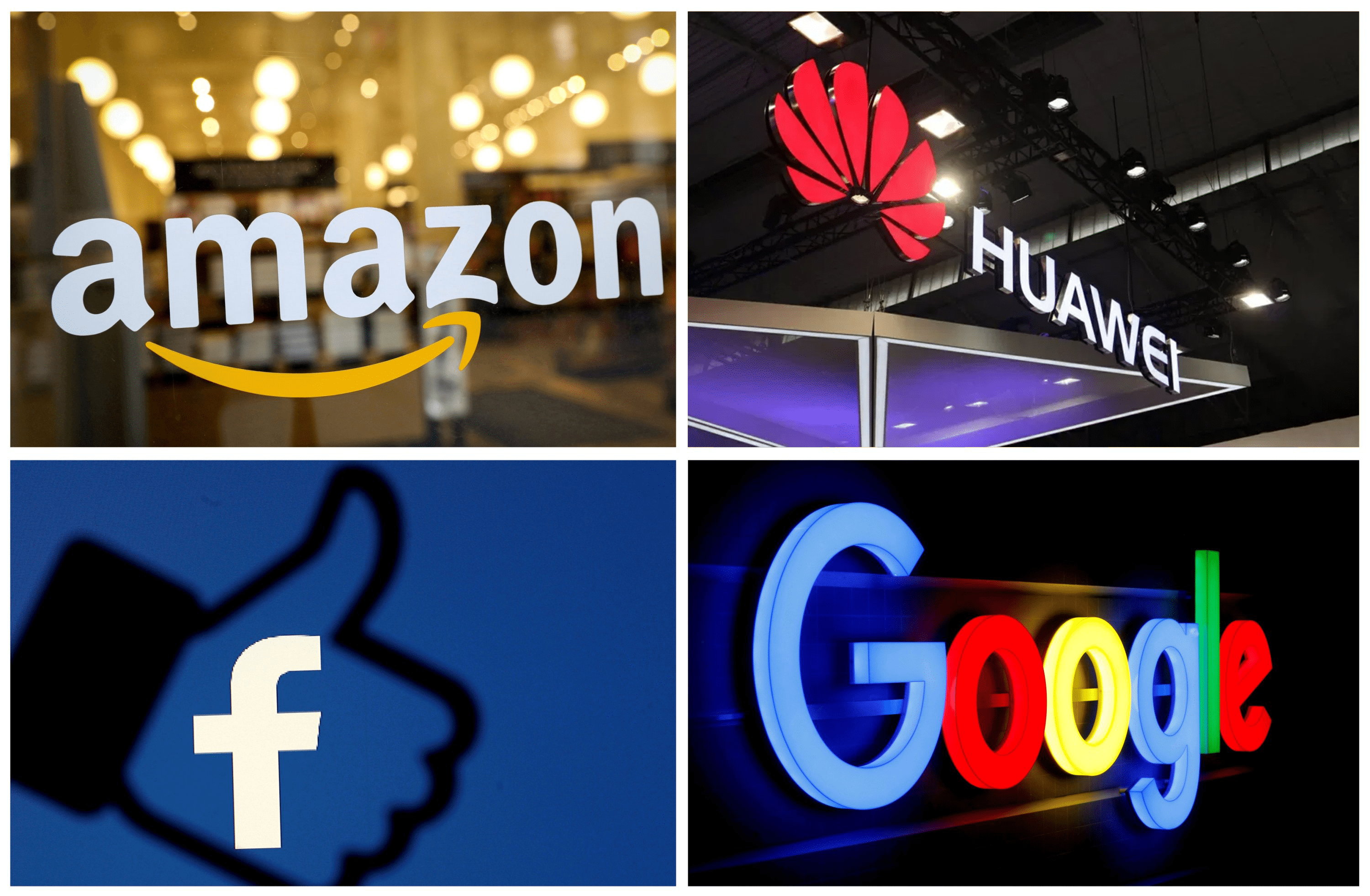Secure Our Digital Rights and Future
Increase collaboration between Western allies to address Europe’s legitimate interests regarding taxation, privacy, and governance.
The digital economy has ushered in an era of technological advancement. While Europe is a leader in industrial, telecommunications, and precision technology, the cloud, social and software sectors are dominated by foreign companies, especially in the US, where 92% of data originating from Western countries is hosted. This has raised the question of digital sovereignty, whether Europe should develop alternatives to foreign companies and create its own digital future.
The current discourse on digital sovereignty is focused on creating European alternatives to US companies, especially in the area of cloud infrastructure (e.g. Amazon, Google, Microsoft). Political leaders in France and Germany have recently spoken in favour of developing ‘European champions’ as an alternative to U.S. cloud providers.
This approach, while making sense on the surface, remains misguided in main two aspects.
First, the digital economy in general, and in cloud and social in particular, is characterised by winner-takes-all economics; extreme R&D intensity, low-to-zero marginal costs, habitual usage, and talent concentration are powerful factors, once scale is achieved. This is one of the fundamental reasons why Google remains dominant in search 20 years after its launch, and why AWS remains dominant in cloud after 15 years.
Second, rapid technological advancements are dependent on achieving economies of scale; the more a technology company grows, the more it can afford to invest in improving its current products and in its next generation products. Conversely, market fragmentation leads to poor technology outcomes: fragmenting of standards, technological stagnation, and increased costs to consumers.
For Europe, this reality means that just creating European champions as alternatives to US cloud providers is a short-sighted measure. Europe needs a new approach. Digital sovereignty does not mean decoupling from our Western allies, but rather it means reassessing our digital future in the wider geopolitical context of today. Rather than duplicating existing platforms, European digital development should be encouraged to fill niches in the existing ecosystem, and incrementally increase Europe’s share of the global market.
One should also not forget that although Europe’s dependency on the US in cloud and social is perhaps more visible, this dependency goes both ways. Europe, through its telecom equipment providers, supplies the entire infrastructure of 5G for the US, Canada, Australia, Japan, and the rest of the Western aligned world.
5G is a technology just as integral to privacy and national security as cloud or social platforms are. Should the US focus on creating “American champions” as alternatives to European 5G vendors? While it could, it would not be in the best interest of either party.
Digital sovereignty instead means adopting measures to address Europe’s legitimate concerns:
- Pursue tax reform that ensures digital companies are paying their fair share in taxes, and encourages investment in European-based digital technology initiatives.
- Make grants available for research in digital fields, and offer tax breaks for educational partnerships between companies and universities.
- Provide R&D support for targeted industries, and offer tax breaks and include digital R&D in Strategic Development Area special lending mechanisms.
- Develop responsible policies related to content moderation on social media platforms.
- Ensure open access to datasets for Artificial Intelligence/Machine Learning research for European companies.
- Pursue a treaty among Western nations ensuring an aligned response towards adversaries in the field of digital and its enabling technologies.
In short, the answer is not digital isolationism and Western fragmentation. Europe must implement a set of pragmatic legal reforms that address its legitimate concerns, while increasing collaboration in areas of strategic importance for the future.
To do this, Europe must stay engaged with its Western allies, working with them to develop a Digital Alliance Treaty and other legal mechanisms that will allow Europe to benefit from the strong power of the digital world while implementing policies that protect our economy and sovereignty.
Working in this collective effort, the Western nations can ensure the future of a secure, prosperous, and innovative digital environment for all.
Further reading:
What is digital sovereignty and why is Europe so interested in it?
Waving the flag of digital sovereignty – Atlantic Council
Digital economy agreements are a new frontier for trade – here’s why | World Economic Forum
About Gaia-X – Gaia-X: A Federated Secure Data Infrastructure
Digital Services Taxes in Europe, 2022 | Tax Foundation
Fair Taxation of the Digital Economy
Nine reasons why tech markets are winner-take-all | London Business School
